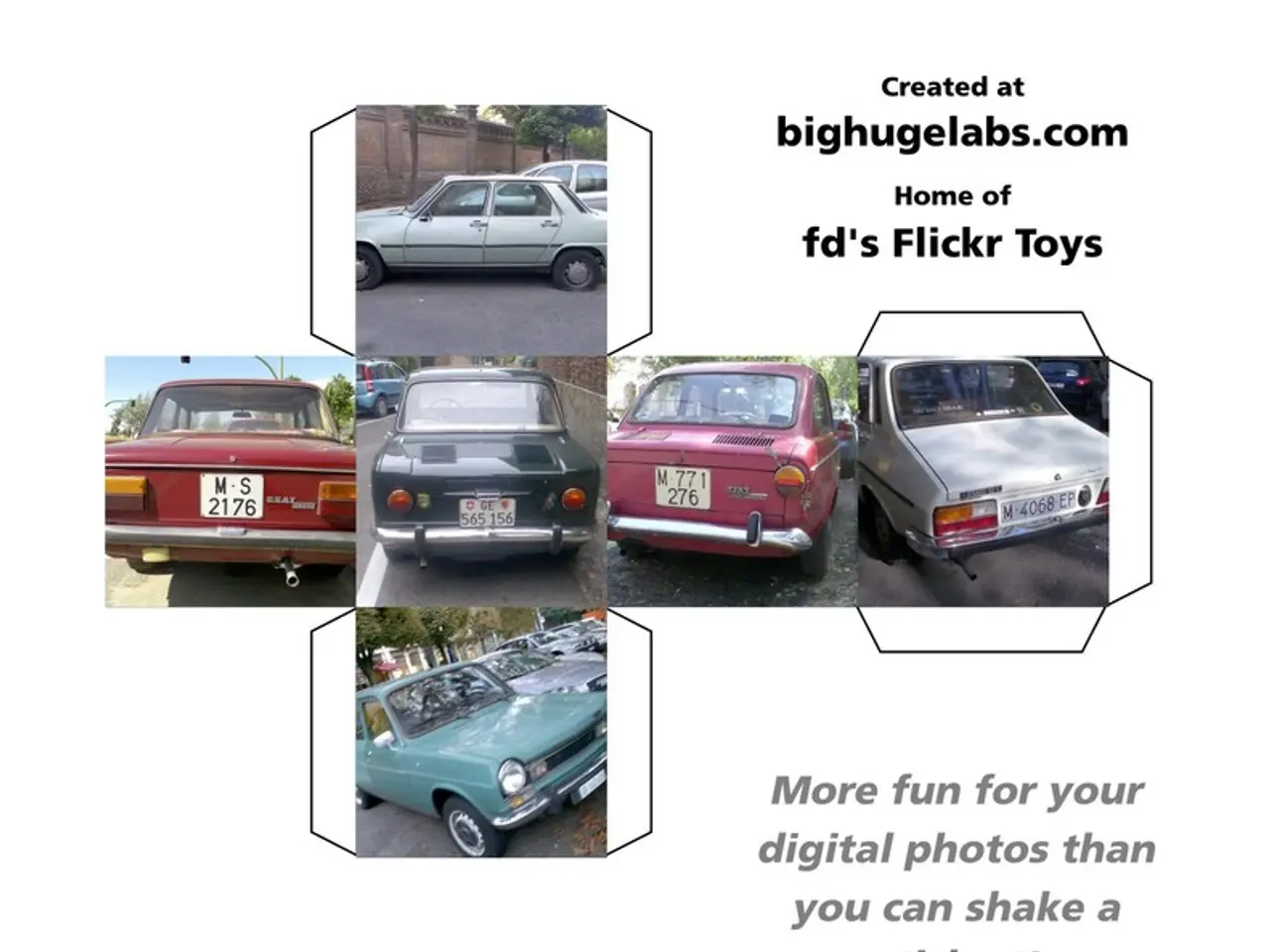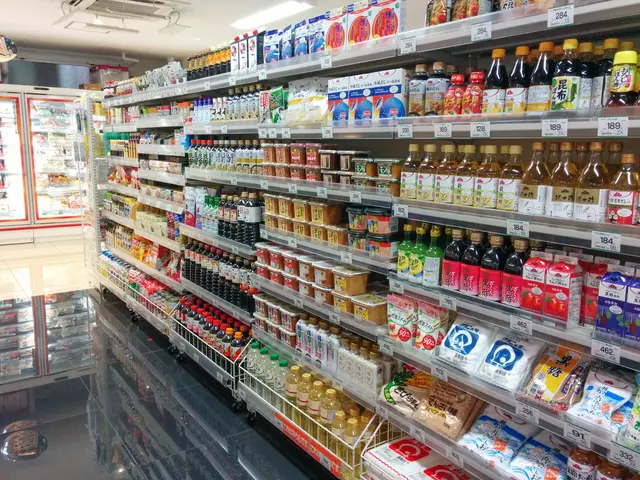"Gadkari initiates countrywide safety campaign on roadways, emphasizing necessary changes in behavior"
Union Minister Nitin Gadkari Outlines Vision for Safer, Greener, and Globally Competitive Auto Industry in India
Union Minister Nitin Gadkari outlined several key developments and initiatives in India's automobile industry at the Snapdragon Auto Day, focusing on road safety, alternative fuels, and driver training.
Road Safety: The government has launched the Sadak Suraksha Abhiyan, a nationwide road safety campaign aimed at changing driver behavior. This campaign, translated into 22 Indian languages, is being promoted extensively through digital media to reach a broad audience.
Driver Training: Addressing the acute shortage of skilled drivers, the ministry is establishing a network of 1,600 driver training institutes with an investment of Rs 4,500 crore. This initiative aims to create 1.5 million jobs while improving driving skills nationwide.
Alternative Fuels and Sustainability: Gadkari emphasized transitioning away from fossil fuels to reduce pollution, noting that transport contributes about 40% of air pollution in India. The government is promoting alternative fuels such as ethanol, methanol, bio-CNG, LNG, electric, and hydrogen. Under the National Green Hydrogen Mission, India is rapidly advancing with trials of hydrogen-powered trucks and setting up nine hydrogen refueling stations. The mission aims to produce 5 million metric tons of green hydrogen annually by 2030, targeting a reduction of fossil fuel imports by Rs 1 lakh crore and decreasing CO2 emissions by 50 million metric tons.
Innovations and Intelligent Vehicles: Gadkari highlighted India's growing capabilities in automotive semiconductor innovation and intelligent vehicle platforms, which integrate connected vehicle technology, infotainment, and driver assistance systems adapted to Indian road conditions. These developments are being bolstered by collaborations with technology companies like Qualcomm, which showcased the Snapdragon Digital Chassis platform to enhance connected mobility and safety tailored for India.
Additional Sustainability Measures: Efforts include using municipal waste, such as that from Delhi, in road construction and experimenting with bio-bitumen made from agricultural residues, turning waste into infrastructure resources and reducing landfill volumes.
India's Growing Auto Industry
The auto industry in India has become the third-largest globally, generating the highest GST revenue for the country and contributing Rs 22 lakh crore to the Indian economy. The industry supports over 4 crore jobs in India, and new driver training centres are expected to create over 15 lakh new jobs.
Times Network launched a new road safety initiative called Times Drive's Brake the Habit, aiming to address the shortage of around 22 lakh skilled drivers. The ministry is investing Rs 40,000 crore to address accident-prone areas across highways, and seven high-risk corridors have already been redesigned under the Zero Fatality Corridor project.
Gadkari believes in the potential of growing the auto industry further with the right mix of technology, talent, and collaboration. An example of infrastructure reuse to reduce the Ghazipur landfill has been mentioned. India is now manufacturing cars with globally recognised safety features.
In summary, the union minister's vision integrates technology-enabled intelligent vehicles, a strong push for road safety and driver training, and a decisive shift toward alternative and sustainable fuels to make India's automobile industry safer, greener, and globally competitive.
Smartphones can play a crucial role in education and awareness for India's road safety campaigns, as they are widely used and can provide easy access to the educational content of campaigns like the Sadak Suraksha Abhiyan.
Banks and financial institutions can support the growth of the automotive industry by providing loans for the establishment of driver training institutes and investments in sustainable fuel projects, allowing the industry to advance towards its vision of being safer, greener, and globally competitive.




